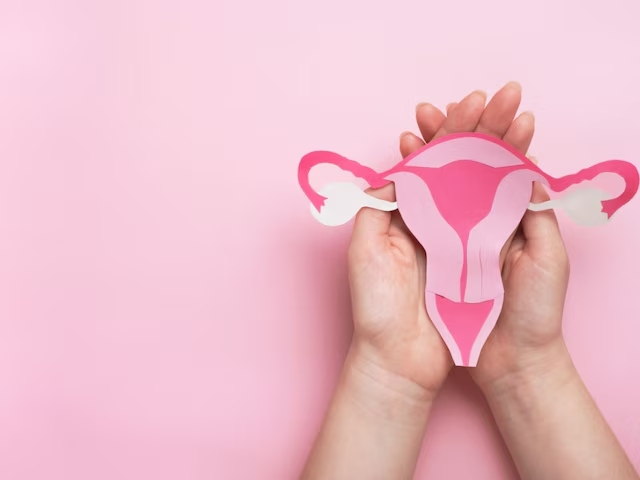While many are familiar with the detrimental impacts of smoking, including cancer, stroke, lung diseases, diabetes, heart disease, and chronic obstructive pulmonary disease (COPD), encompassing chronic bronchitis and emphysema, there’s a crucial aspect often overlooked: the effects of smoking on both male and female reproductive health. It’s essential to acknowledge that regardless of whether one intends to conceive, smoking can still significantly affect their reproductive well-being.
Studies reveal that individuals with a history of smoking have a 14% risk of infertility compared to non-smokers. Moreover, those exposed to substantial levels of secondhand smoke experience an 18% higher likelihood of infertility. Additionally, for women, residing with a partner who smokes 20 or more cigarettes daily decreases the chances of conception by 34%. These statistics underscore the significant impact of smoking on both male and female reproductive health in recent years.
It’s effect on Male Reproductive Health
Erectile Difficulties
Tobacco smoke contains chemicals that damage blood vessels and hinder blood flow to the penis, often resulting in erectile dysfunction.
Reduced Sperm Count
Smoking has been correlated with decreased sperm count, as well as abnormalities in sperm motility and morphology, thereby diminishing fertility potential.
Hormonal Imbalance
The habit of smoking disrupts hormonal balance in men, including testosterone levels, which are integral to sperm production and overall sexual health.
It’s effect Female Reproductive Health
Impaired Egg Count and Quality
Female smokers often exhibit a diminished ovarian reserve, characterized by fewer viable eggs for fertilization. Additionally, smoking can compromise egg quality, heightening the likelihood of chromosomal abnormalities and miscarriages.
Premature Menopause
Women who smoke are predisposed to experiencing early onset menopause, which not only diminishes fertility but also elevates the risk of health complications associated with hormonal fluctuations.
Increased Risk of Ectopic Pregnancy
Smoking amplifies the risk of ectopic pregnancy, a perilous condition wherein the fertilized egg implants outside the uterus, typically within the fallopian tubes.
Effect on Women Undergoing IVF
Reduced Success Rates
Female smokers undergoing IVF often face reduced chances of conception and lower success rates compared to non-smokers. The deleterious effects of smoking extend to embryo quality, resulting in diminished implantation and higher miscarriage rates.
Delayed Response to Ovarian Stimulation
Smoking can impede ovarian function and responsiveness to fertility medications, prolonging the IVF process and diminishing the likelihood of a favorable outcome.
Increased Risk of Pregnancy Complications
Pregnancies achieved through IVF in smokers are predisposed to a higher incidence of complications such as preterm birth, low birth weight, and neonatal health issues.
Complications Associated with Smoking and Sexual Health
Sexual Dysfunction
Both male and female smokers are prone to sexual dysfunction, including diminished libido and difficulties with arousal and orgasm.
Infertility
Smoking exacerbates infertility issues in both sexes, presenting obstacles to natural conception and assisted reproductive technologies.
Increased Risk of Sexually Transmitted Infections (STIs)
Smoking heightens susceptibility to contracting STIs, including HIV, through compromised immune function and alterations in sexual behavior.


